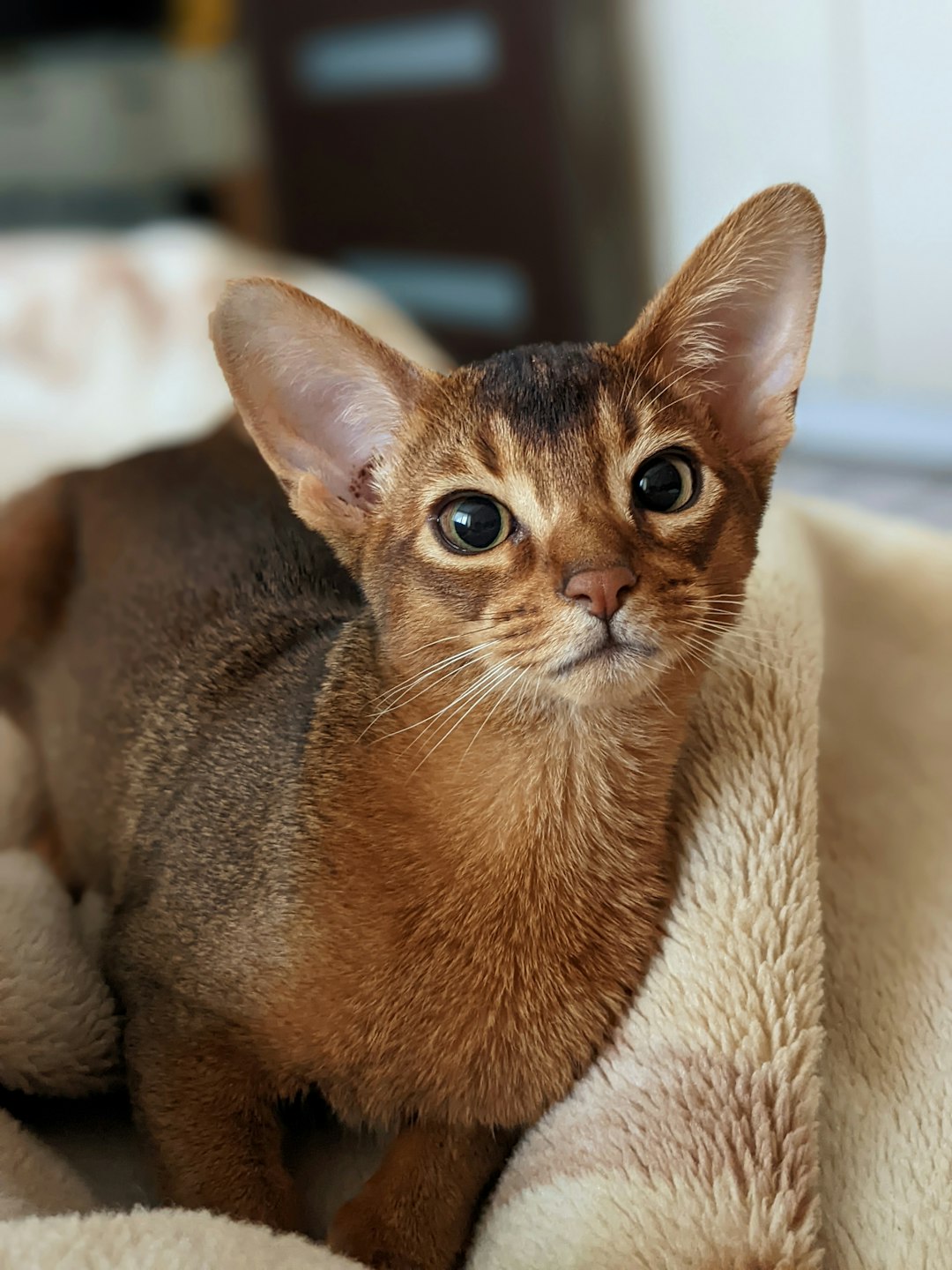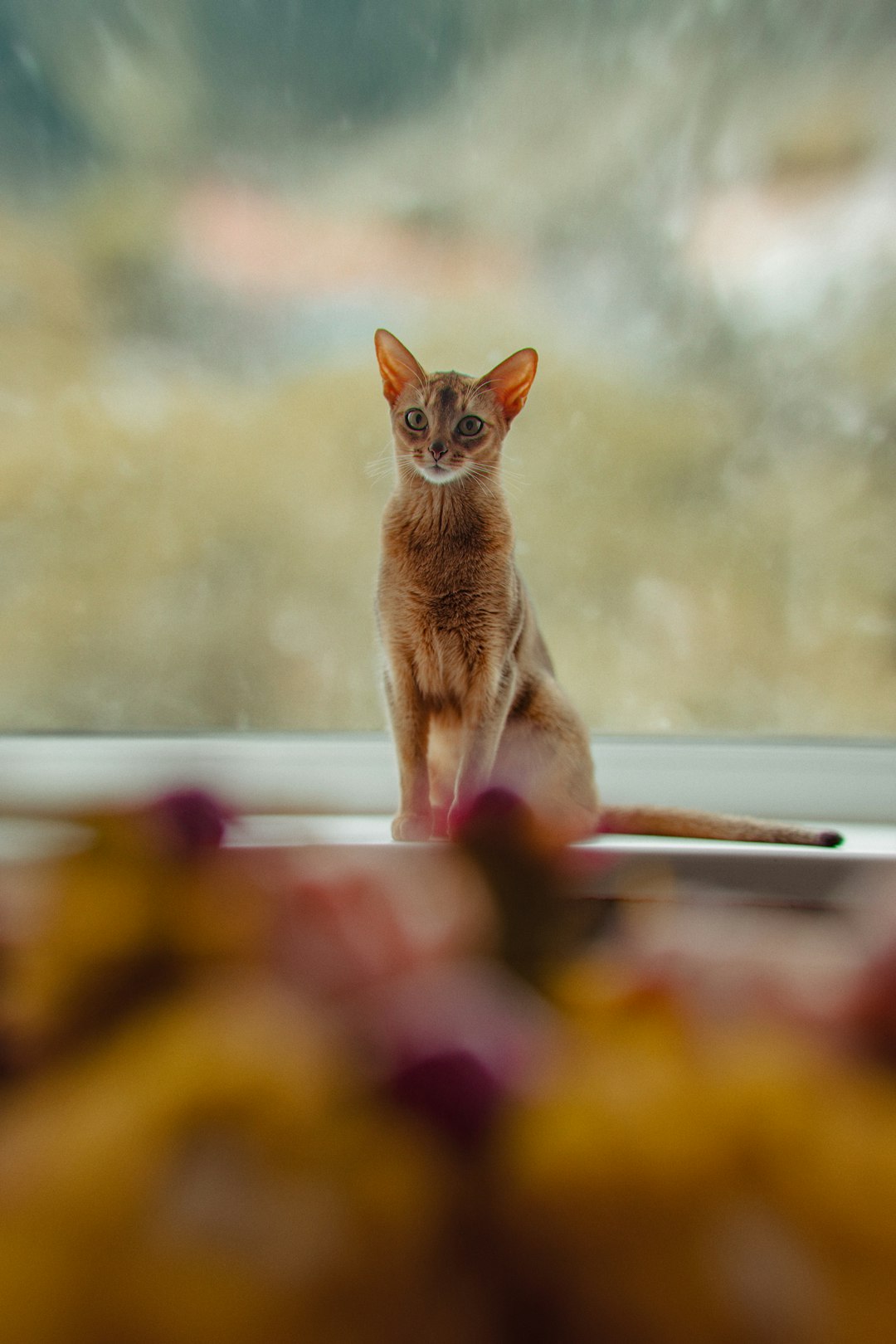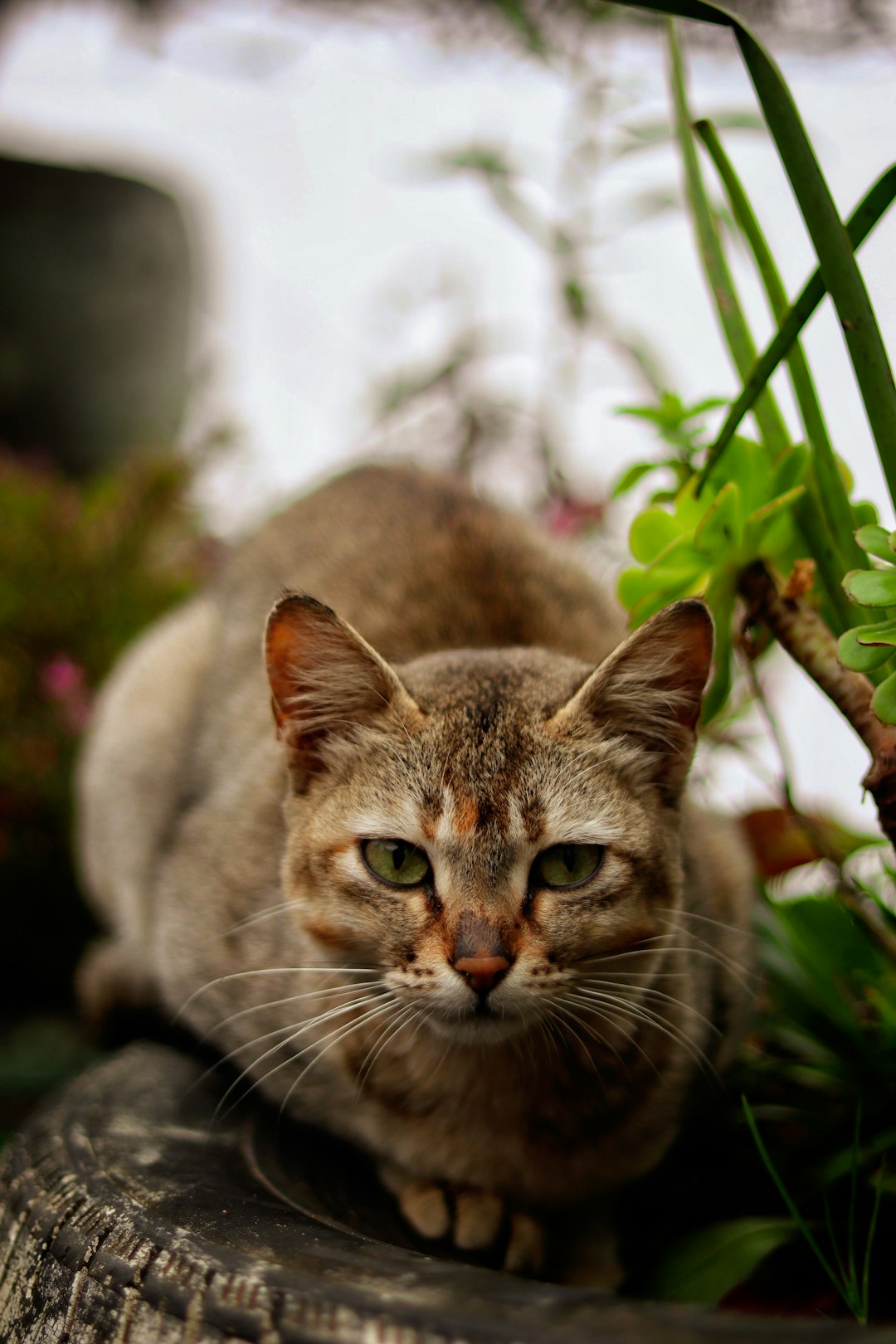Tortie cats, known for their stunning blend of colors and unique patterns, possess distinct traits that set them apart from other feline companions. Understanding the personality of a tortie can enhance your bond, as these spirited cats often exhibit a lively and independent nature. Additionally, knowing how to care for your tortie is crucial to ensuring their health and happiness. In this blog post, we will delve into the fascinating characteristics, personalities, and care tips specific to tortie cats, equipping you with the knowledge needed to provide the best environment for your beloved pet.
Tortie Cat Characteristics
Tortie cats, also known as tortoiseshell cats, exhibit unique and captivating physical traits that set them apart. Here’s a closer look at what makes a tortie special:
Fur Coloration: Torties display a stunning blend of colors, typically including shades of black, orange, and cream. The distribution of these colors may appear in a patchwork pattern.
Coat Types: You can find torties in various coat types, such as:
- Short-haired: Sleek and easy to maintain.
- Long-haired: Fluffy and requires more grooming.
Size: Torties come in various sizes, usually ranging from small to medium. Individual growth can vary depending on genetics.
Eyes: Many torties have expressive eyes that reflect their vibrant personalities. Their eye colors range from green to amber, adding to their charm.
In summary, tortie cats captivate with their colorful coats and diverse characteristics. Each tortie boasts a unique beauty that mirrors their lively personalities. Whether adopting a short-haired or long-haired tortie, you’ll surely enjoy their distinctive qualities!
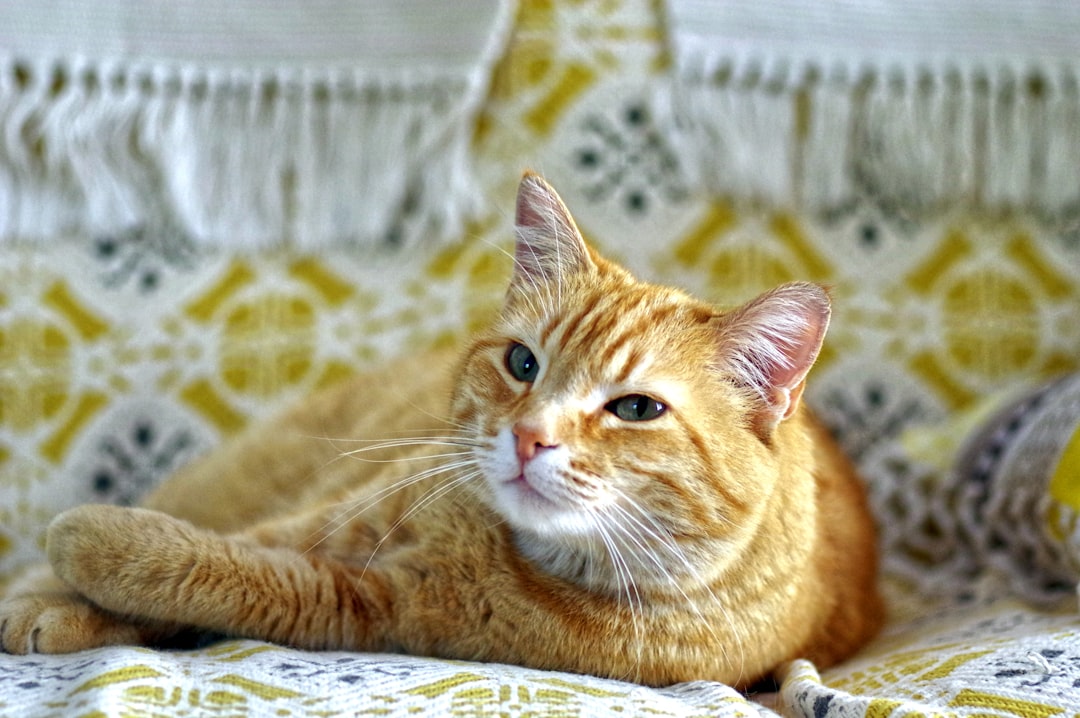
Understanding Tortie Cat Personalities
Tortie cats, known for their distinctive coats of mixed colors, also exhibit unique personalities that make them endearing companions. Here are some key traits commonly found in torties:
Independent: Torties often prefer to do things on their own terms. They value their freedom and may enjoy exploring their surroundings at their own pace.
Affectionate: Despite their independent streak, many tortie cats are quite loving. They tend to form strong bonds with their owners and may follow you around the house seeking attention.
Playful: Torties often retain their playful nature well into adulthood. Engaging them with toys and activities is essential for their well-being.
Strong-willed: Torties can be quite opinionated. Their assertive nature means they won’t hesitate to let you know what they want!
Social: While they may enjoy personal space, tortie cats often appreciate social interaction, especially with their human companions.
Understanding these traits will help you provide a nurturing environment for your tortie, ensuring they thrive both emotionally and socially.
Common Health Issues in Tortie Cats
Tortie cats, with their stunning tri-color coats, often capture hearts. However, like any breed, they can be susceptible to specific health issues. Understanding these can help you ensure a long and healthy life for your tortie.
Common Health Issues:
Obesity:
- Torties may have a tendency to overeat. Monitor their diet to maintain a healthy weight.
Dental Problems:
- Genetic predisposition to dental issues can affect torties. Regular dental check-ups are essential.
Hypertrophic Cardiomyopathy (HCM):
- This heart condition affects many cats, including torties. Regular vet visits can aid in early detection.
Kidney Disease:
- Older torties are at risk for chronic kidney disease. Routine blood tests can help catch any abnormalities early.
Polycystic Kidney Disease (PKD):
- While less common, some torties may inherit PKD; genetic screening can be beneficial.
Consider these health concerns when caring for your tortie. Regular vet check-ups, a balanced diet, and appropriate exercise play a crucial role in maintaining their health and happiness.
Proper Nutrition for Tortie Cats
Tortie cats, known for their vibrant coats and unique personalities, thrive when given the right nutrition. Ensuring they receive balanced meals is essential for their overall health and happiness. Here are key points to consider:
High-Quality Protein: Torties require protein-rich diets. Look for brands that list real meat as the primary ingredient, such as chicken, fish, or turkey.
Essential Nutrients: Incorporate essential fatty acids, vitamins, and minerals that support skin health and a shiny coat.
Life Stage Specific: Adjust their diet based on age:
- Kittens: Require more calories and nutrients for growth.
- Adults: Need balanced nutrition to maintain health.
- Seniors: Benefit from foods formulated for older cats, focusing on joint and kidney health.
Hydration: Always provide fresh water. Mixing wet food into their diet can help keep torties hydrated, prevent urinary issues, and offer variety.
Treats in Moderation: Use treats wisely. They should not exceed 10% of your tortie’s daily caloric intake.
By focusing on these nutritional guidelines, you can ensure your tortie cat stays healthy, active, and vibrant throughout their life.
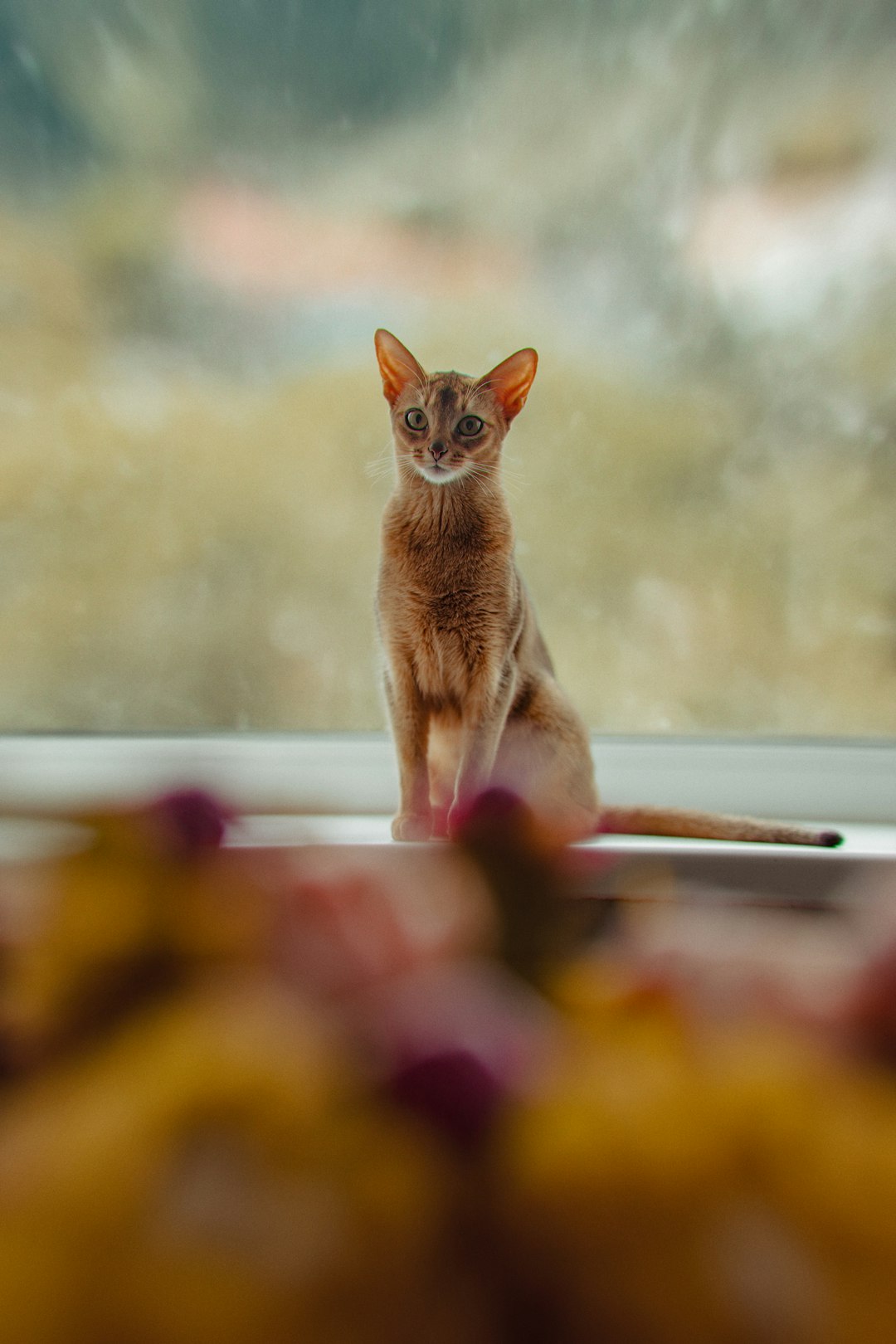
Grooming Tips for Tortie Cats
Grooming your tortie cat is essential for their health and well-being. Here are some effective tips to keep your furry friend looking and feeling great:
Regular Brushing:
- Short-haired torties: Brush at least once a week to remove loose fur and minimize shedding.
- Long-haired torties: Aim for daily brushing to prevent mats and tangles.
Bathing:
- Only bathe if your tortie’s coat is particularly dirty. Use a cat-safe shampoo, and ensure the water is lukewarm.
Nail Care:
- Trim your tortie’s nails every 2-4 weeks. This helps prevent overgrowth and reduces the risk of injury.
Ear Cleaning:
- Check your tortie’s ears regularly. Use a damp cotton ball to wipe away dirt or wax build-up—a clean ear contributes to overall health!
Dental Hygiene:
- Brush your tortie’s teeth regularly with a vet-approved toothpaste to prevent tartar build-up.
By adhering to these grooming tips, you’ll keep your tortie cat’s coat shiny and healthy while also enhancing your bond with them. Happy grooming!
Creating a Safe Environment for Your Tortie
Ensuring a safe environment for your tortie cat is crucial for her well-being and happiness. Here are some steps to create a secure space:
- Secure windows and balconies: Install screens and ensure that windows can’t be easily opened. This prevents your tortie from falling or escaping.
- Remove toxic plants: Many common household plants can be dangerous. Keep your tortie away from:
- Lilies
- Azaleas
- Philodendrons
- Hide hazardous items: Store cleaning supplies, medications, and sharp objects out of reach. A curious tortie may explore areas where these items reside.
Safe Spaces for Your Tortie
- Cozy hiding spots: Create areas where your tortie can retreat when she needs a break.
- Interactive toys: Offer a variety of toys to keep her mentally stimulated.
Litter box placement
- Quiet location: Choose a calm and accessible area for the litter box to help your tortie feel secure while doing her business.
By following these tips, you can establish a safe, nurturing environment for your tortie cat, making her feel at home.
Training and Socializing Your Tortie Cat
Training and socializing your tortie can significantly enhance both their behavior and your bonding experience. Tortie cats often possess a unique personality, combining lively curiosity with a strong-willed independence. Here are key strategies for effective training and socialization:
Start Early: Introduce training sessions when your tortie is young, as early socialization can lead to well-adjusted adult cats.
Use Positive Reinforcement: Reward your tortie with treats, praise, or playtime. This encourages desirable behavior and makes learning enjoyable.
Keep Sessions Short: Attention spans vary, especially for spirited torties. Aim for 5-10 minute training sessions to maintain their interest.
Engage in Various Social Situations:
- Introduce your tortie to various environments, noises, and people.
- Arrange playdates with other friendly pets to enhance their social skills.
Explore Interactive Toys: Use toys that stimulate their mind and encourage play. This provides mental exercise and serves as a fun bonding activity.
By focusing on proper training and socialization, you can create a harmonious relationship with your tortie cat, enriching their life and yours.
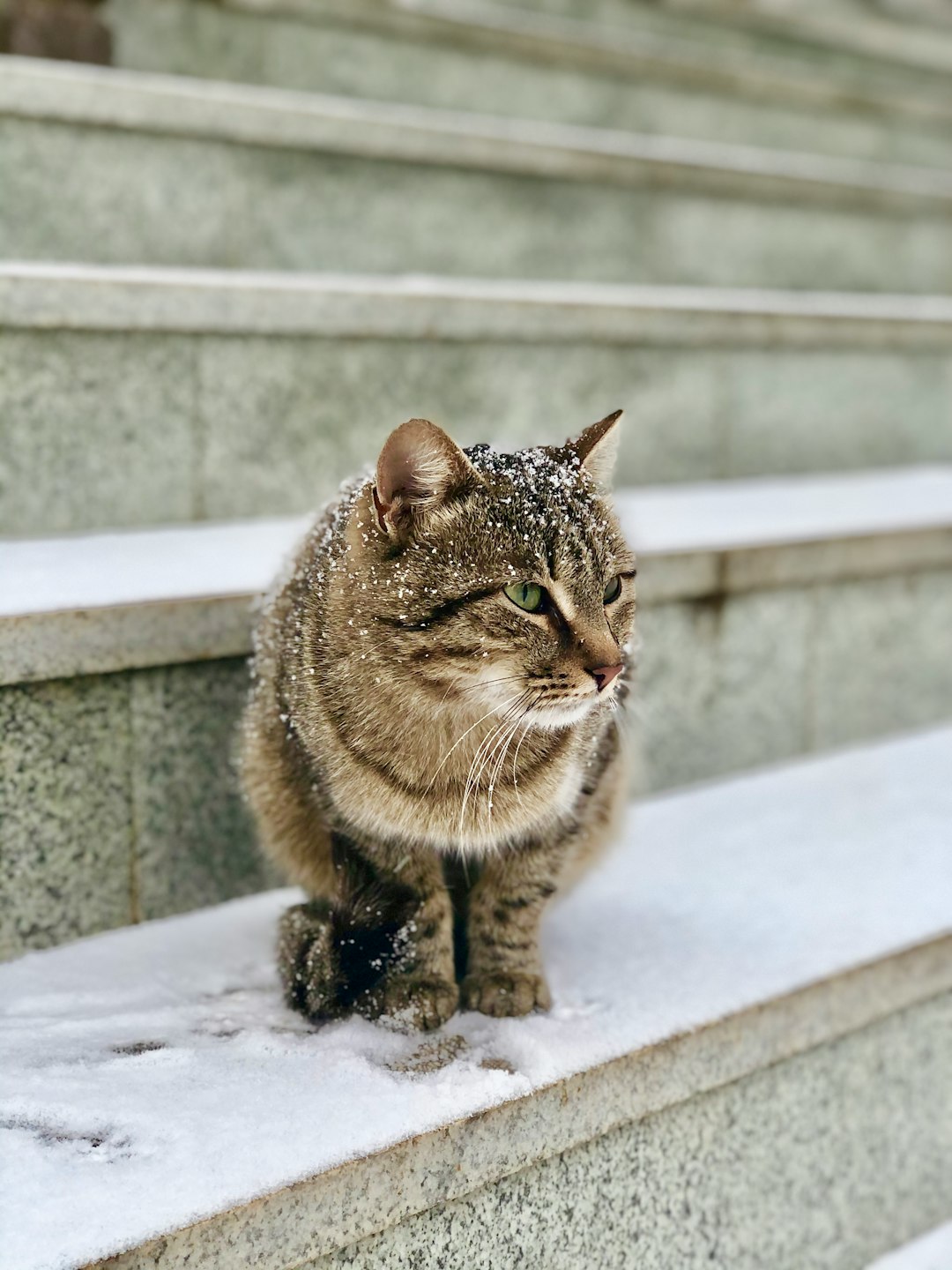
Fun Activities to Enjoy with Your Tortie Cat
Tortie cats, known for their vibrant coats and unique personalities, love engaging activities that keep them stimulated. Here are some fun ways to bond with your tortie while keeping her entertained:
Interactive Play: Use feather wands or laser pointers to tap into your tortie’s natural hunting instincts. These activities encourage exercise and strengthen your bond.
Puzzle Toys: Invest in treat-dispensing toys. These keep your tortie mentally challenged and can prevent boredom.
Cat Agility Training: Set up a mini agility course using household items like boxes and tunnels. This fun challenge is perfect for a clever tortie.
Outdoor Adventures: If your tortie enjoys the outdoors, consider a cat harness and leash for safe exploration.
Cuddle Time: Don’t underestimate the power of snuggling! Torties often enjoy affectionate downtime with their humans.
Incorporate these activities into your routine to keep your tortie happy and healthy while reinforcing your connection!
Frequently Asked Questions
What are the defining traits of Tortie cats?
Tortie cats, also known as tortoiseshell cats, are characterized by their unique coat patterns, which blend orange, black, and cream colors in a patchy or mottled distribution. They often have a vivid and striking appearance, which can vary from cat to cat. In addition to their visually appealing coats, Tortie cats are known for their strong personalities. They tend to be more independent and can display a range of temperaments, from affectionate and cuddly to feisty and playful.
What is the personality like in Tortie cats?
Tortie cats are often described as having a spirited and dynamic personality. They are typically known for being confident, playful, and sometimes even a little sassy. Many Tortie owners report that these cats have a strong will and may show a preference for managing their own social schedule. They usually form strong bonds with their humans and may come across as more demanding of attention. Understanding and respecting their personality traits is crucial for fostering a harmonious relationship with your Tortie.
What specific care tips should I consider for Tortie cats?
When caring for a Tortie cat, it is essential to provide regular grooming to manage their fur, especially if they have longer hair. Additionally, maintaining a balanced diet and regular veterinary visits is crucial to ensure their health. Torties may require mental stimulation, so providing interactive toys and enrichment options is beneficial. Furthermore, creating a safe and comfortable environment will allow them to thrive, as they enjoy exploring their surroundings and establishing their territories.
Are Tortie cats known for any specific health issues?
Tortie cats do not have specific health issues directly associated with their coat color pattern. However, like all cats, they are prone to common feline health problems, such as obesity, dental disease, and kidney issues. Regular veterinary check-ups and proper care, including a balanced diet and adequate exercise, can help monitor and maintain their health. Being attentive to their behavioral changes can also provide early indications of underlying health concerns.

